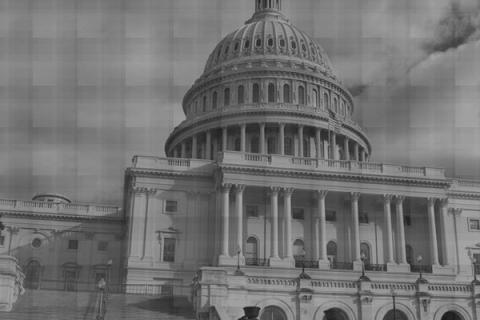Recently, the libertarian Ron Paul who made a run for the White House essentially said that if we do not want to have any more problems with drug crimes, we should decriminalize all drugs. This proposition asks nothing radical of the sort, but does attempt to lessen the fines and the punishment for the possession of marijuana, a drug not known to cause violent behavior or addiction. Some will argue, and medical research will support that marijuana causes much less, if any long term effects when compared to alcohol, a dangerous and legal substance, and all other illicit drugs. But again, this proposition is not for the legalization of pot—it merely allows the courts to avoid spending time and money on nonviolent misdemeanor crimes but changing them to infractions; the offenders will still be fined, but will be so more reasonably, as the fine would be cut down to about a fourth of what it currently is.
The state also needs to recognize and rectify its prison overpopulation problem. Nonviolent offenders are taking up bed space that should be set aside for violent criminals. By prosecuting fewer drug offenders, the prison population could be reduced by 18,000 people or more. This would obviate the need for a more prison space and save the state more than $2.5 billion in infrastructure building costs. In addition, because parole for nonviolent drug offenders would be shortened, over time, the state could expect a reduction of over 22,000 parolees. This saves the state money—an estimated one billion dollars.
Our judicial system should be less about retribution and more about rehabilitation. Expanded drug treatment options, of which would include methadone for heroin users and educational programs for inmates and parolees could help prevent further crimes, allowing more people to live productive lives and contribute to society and our economy.
Drug addiction is a problem, no doubt, but locking away people with this problem does nothing to help them recover, does nothing to prevent further addiction problems in our youth, and only exacerbates existing problems. With our current laws, our prisons will continue to remain overcrowded, which mixes drug offenders with violent criminals and necessitates either shortened sentences all around in order to accommodate the mass of prisoners or requires more prisons, which costs our state billions. This proposition allows this broken system a chance for reform so that drug users have a better chance at recovery and also allows our budget a savings from lessened prison operating costs and the costs of new prisons.
